
The neurologist and director of movement disorder neurology at the Marcus Neuroscience Institute discussed how the Syn-One test utilizes alpha-synuclein and what this biomarker adds to the diagnosis of Parkinson disease. [WATCH TIME: 3 minutes]

The neurologist and director of movement disorder neurology at the Marcus Neuroscience Institute discussed how the Syn-One test utilizes alpha-synuclein and what this biomarker adds to the diagnosis of Parkinson disease. [WATCH TIME: 3 minutes]
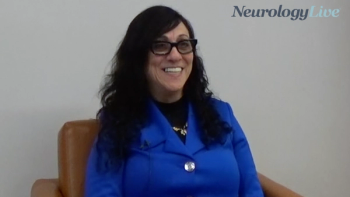
The assistant professor at Hunter College talked about how to effectively diagnose and treat multiple sclerosis through localization and active listening of the patient's history and symptoms. [WATCH TIME: 7 minutes]
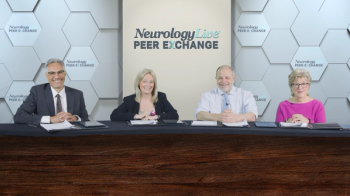
Key opinion leaders address the scarcity of randomized controlled trial data for SMA treatments in adult populations, highlighting the availability of real-world data from numerous studies and provide guidance on how to incorporate this information when making treatment decisions for adult patients with spinal muscular atrophy.

Panelists delve into strategies for engaging in conversations with patients about defining and identifying successful therapy outcomes, providing guidance on how to effectively communicate and establish realistic expectations for treatment success in the context of spinal muscular atrophy (SMA).
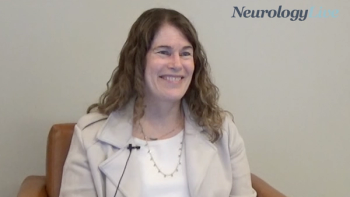
The associate vice president of research at National MS Society talked about proactive and early referral to rehabilitation services to effectively manage multiple sclerosis symptoms from the outset. [WATCH TIME: 4 minutes]
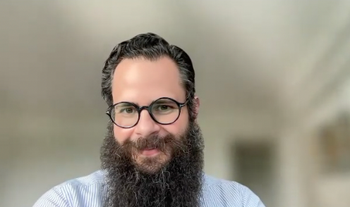
The neurologist and assistant professor at Boston University Medical Center provided forward thoughts on improving the diagnosis of milder, asymptomatic cases of cerebral amyloid angiopathy. [WATCH TIME: 4 minutes]
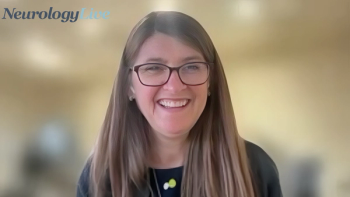
The pediatric epileptologist at Children's Hospital Colorado talked about a comprehensive review of various studies assessing fenfluramine in severe seizures associated with developmental and epileptic encephalopathies. [WATCH TIME: 5 minutes]
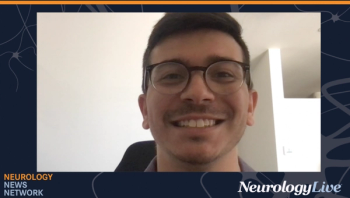
Neurology News Network. for the week ending July 20, 2024. [WATCH TIME: 4 minutes]
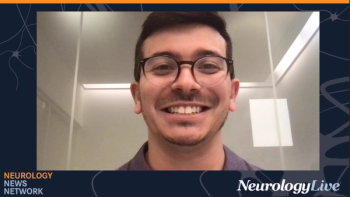
Neurology News Network. for the week ending July 13, 2024. [WATCH TIME: 4 minutes]
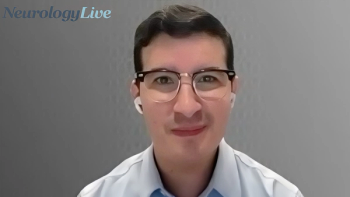
The behavioral neurologist at NYU Langone Health and chief medical officer at Isaac Health shared his reaction to the recent approval of donanemab for patients with Alzheimer disease. [WATCH TIME: 7 minutes]

The therapeutic head for Clinical Development Neuroscience at Jazz Pharmaceuticals provided clinical insight on a new study evaluating the effect of switching from high- to low-sodium oxybate on blood pressure. [WATCH TIME: 4 minutes]
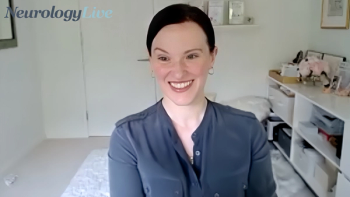
The director of the Weill Cornell Women’s Brain Initiative shared her clinical insights into how menopause affects women's brain health, emphasizing the importance of midlife prevention strategies for Alzheimer disease. [WATCH TIME: 10 minutes]

In the final episode, Negroski gave closing thoughts on some of the major unmet needs in research regarding aging in MS, as well as some of the unanswered questions clinicians are still trying to figure out.
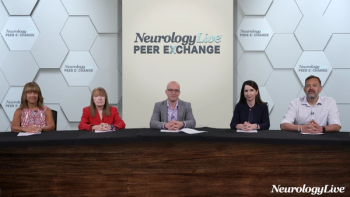
Key opinion leaders share their approach to treatment sequencing for patients with multiple sclerosis (MS), taking into account comorbidities such as cardiovascular diseases, risk of infection, liver damage, and cancer as well as considering factors like planned pregnancy or advanced age.

Donald Negroski, MD, gave an overview of a study that highlighted an accelerated biologic aging clock among patients with pediatric-onset MS.

Multiple sclerosis (MS) treatment specialists discuss the challenges associated with the early use of high-efficacy therapy (HET) in patients with mild to moderate MS and delve into the broader debate surrounding the consistent use of HET for managing mild to moderate MS cases.
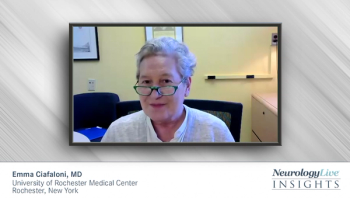
A neurologist discusses how recent approvals of therapies for Duchenne muscular dystrophy have improved patient outcomes.

Emma Ciafaloni, MD, discusses therapies for Duchenne muscular dystrophy that target pathways downstream of dystrophin, focusing on vamorolone and givinostat.
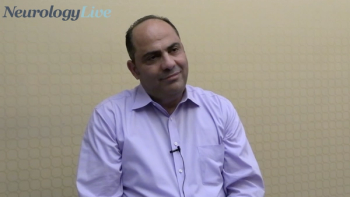
The associate professor of neurology at Georgetown University Medical Center talked about innovative treatments for dementia in movement disorders that target multiple mechanisms to effectively modify the disease. [WATCH TIME: 7 minutes]
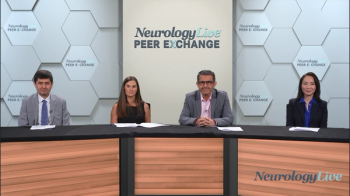
A panel of experts discuss designing treatment plans based on patient goals.

A panel of experts discuss treatment options available for spasticity as well as when patients should be treated with pharmacological options.

A panel of experts discuss variation in spasticity between patients and the role disease severity can play.

The neurologist and assistant professor at Boston University Medical Center provided clarity on recent findings on a validation study demonstrating the low accuracy of the Boston criteria v2.0 in patients who are asympomatic or only have cognitive symptoms. [WATCH TIME: 7 minutes]

Panelists share their approaches to counseling adult patients with spinal muscular atrophy (SMA) about treatment expectations.

Key opinion leaders share their strategies for discussing potential changes in therapy and transitioning between treatments with patients, emphasizing the importance of reassuring patients that such changes are intended to provide long-term benefits for managing their spinal muscular atrophy.
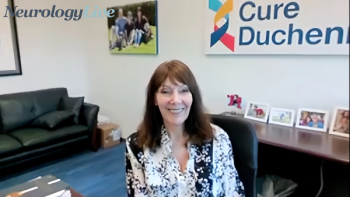
The chief executive officer and the chief scientific officer at CureDuchenne talked about a recent webinar that discussed the broad FDA approval of a gene therapy for Duchenne muscular dystrophy, highlighting patient choice and the ongoing efforts to improve treatments. [WATCH TIME: 9 minutes]

The associate professor of neurology at Georgetown University Medical Center talked about the potential of tyrosine kinase inhibitors in treating neurodegenerative diseases. [WATCH TIME: 7 minutes]
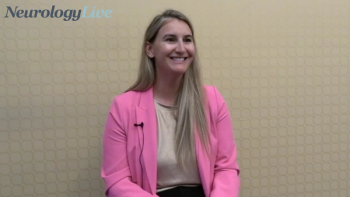
The executive director of the Association of Movement Disorder Advanced Practice Providers discussed how effective patient care in movement disorders can lead to better management and treatment outcomes. [WATCH TIME: 4 minutes]
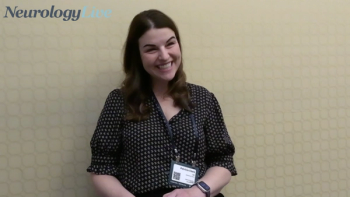
The nurse practitioner at the Cleveland Clinic talked about findings from a recent study focused on enhancing medication management and education for patients with Parkinson disease. [WATCH TIME: 5 minutes]
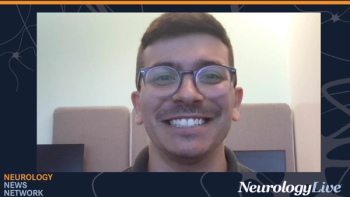
Neurology News Network. for the week ending July 6, 2024. [WATCH TIME: 4 minutes]